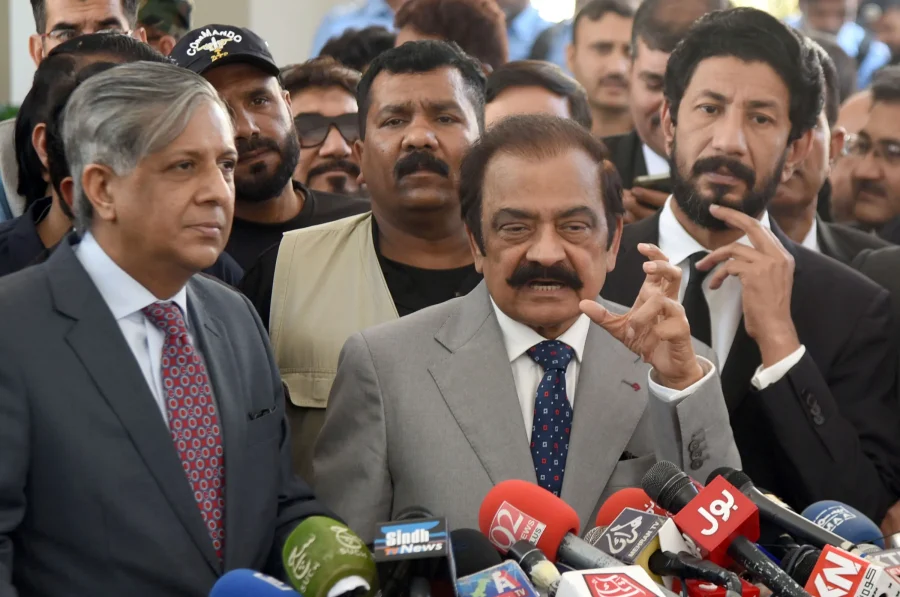Islamabad: In a major legal victory for the former ruling Imran Khan-led Pakistan Tehreek-e-Insaf (PTI), the Supreme Court of Pakistan Tuesday declared the Election Commission of Pakistan’s (ECP) decision to delay the Punjab Assembly polls “null and void”, directing them to hold elections in the biggest province of the country on May 14.
A three-member bench of the apex headed by Chief Justice Umar Ata Bandial and comprising Justice Ijaz Ul Ahsan and Justice Munib Akhtar as its other members announced the verdict after six hearings.
The decision, hailed by the PTI camp, was not welcomed by the ruling alliance — the Pakistan Democratic Movement (PDM) — as the federal cabinet, chaired by Prime Minister Shehbaz Sharif, rejected the Supreme Court’s verdict.
“The Supreme Court’s decision is a minority verdict, which is why the cabinet rejects it,” the federal cabinet called the verdict “non-implementable”.
However, Interior Minister Rana Sanaullah, while talking to the media along with Law Minister Azam Nazeer Tarar outside the Supreme Court, said that the political crisis would push the country towards chaos, adding that there was an option of emergency in the Constitution.
“The option of emergency is available in the Constitution and it is not going anywhere,” Rana Sanaullah said.









